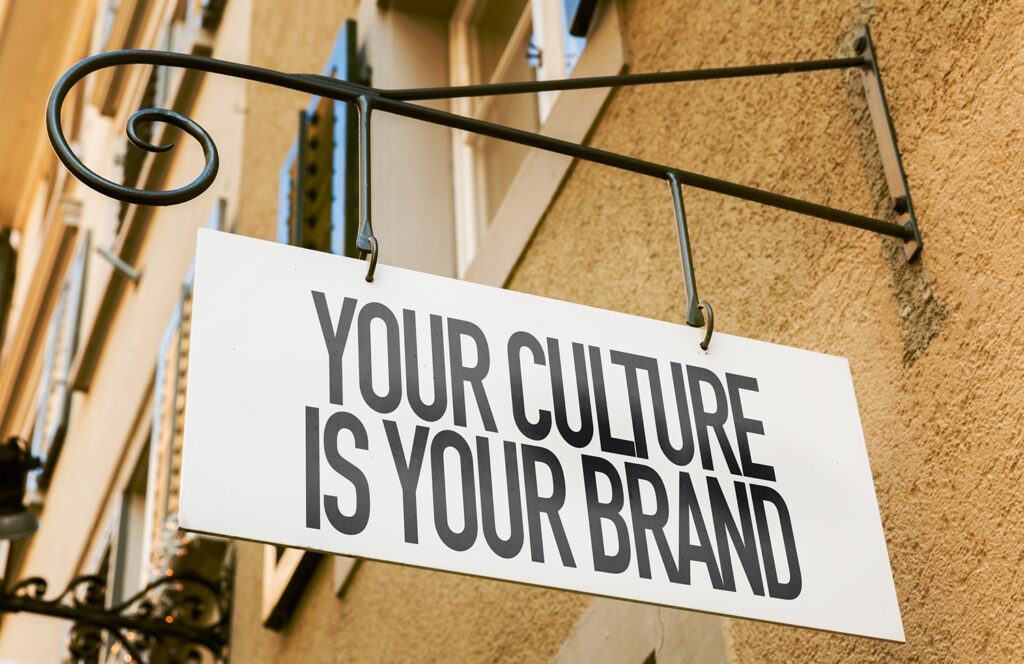Reading time: 8 mins
When the British Queen Elizabeth II died in 2022, I watched in fasciation the unfolding of an unprecedented spectacle. Rituals that reach back to the Middle Ages with thousands of people queuing, watching, and participating.
In a time of political turmoil with economic crisis written on the wall, you might think people have other things in mind.
The whole spectacle seemed so out of date and yet so highly relevant. It showed an importance of culture and traditions that comes a bit as a surprise in our post-modern future focused world.
Why is it so important?
Culture is the very core of ourselves as persons, a people, and a society. It’s the glue that holds us together as a group, an organization, a nation. Culture is passed down over generations and centuries.
When using the common short term “Creative Industries” we mustn’t miss out on the second “C”: culture. A majority of the 11 segments that make the Culture and Creative Industries is committed to cultural work.

Photo by Katsiaryna on Adobe Stock
Culture manifests itself in arts, architecture, design, literature, fashion and many more. On top of that it is also …
… the customary beliefs, social forms, and material traits of a racial, religious, or social group
… the characteristic features of everyday existence […] shared by people in a place or time […]
… the set of values, conventions, or social practices associated with a particular field, activity, or societal characteristic
Merriam-Webster
We can use culture as a manifestation of superiority, like high culture often associated with the establishment or elites.
It can be a central part of life, like pop culture that shapes our daily life.
We can put culture at the core of our identity, like traditional culture that is made up of our shared customs, experiences, rites and traditions that got passed down over generations.
What makes up the importance of culture and traditions is:
Culture shapes our life. Traditions support it.
Table of Contents
3 Reasons why culture and traditions are so important
#1 Culture and traditions provide a stable bridge for change
We long for something stable to hang on to when things are wobbly.
When millions of people across the globe mourned the loss of the monarch of some small western European island they probably didn’t so because they were royalists at heart. They more likely did so because this 96 year old Queen had offered a stabilising sense of cultural continuity” as the liberal Newspaper “The Guardian” pointed out.
Whether it’s war or economic crisis, natural disasters or nutcase politics, social upheaval or class struggle, there was a person who has been in office for 70 years. She had seen it all. The message: It’s all been there before, we got through all this before, we’ll manage to get through this again.
You could find comfort in an old lady, who kept stepping forward like a stalwart cuckoo in a clock, performing centuries old traditions and rites no matter the turmoil.
That’s the importance of culture and traditions when thinking future. They are the bridge that helps people cross the scary waters of change.

Photo by Rishabh Dharmani on Unsplash
#2 Culture and traditions provide orientation on how to approach the unknown
The “that’s how things have always been done”-mindset can be supportive at times. Especially in situations where you need some stability while figuring out where your head is. Mourning rituals are an example for this.
When you don’t know what’s happening next and how to deal with things, culture and traditions can give orientation. Following the paths of rites and cultural customs can help you keep moving and get yourself sorted along the way.
Therefore, intercultural competence is such a popular topic in international business coaching. When entering a new field, you need orientation and a guideline. Culture and traditions provide it.
Same goes when we, in the Culture and Creative Industries, address a new group, take on a new topic or enter a new field:
We need to connect to the culture and traditions of our target groups so they can find a way to connect to us.
#3 Culture and traditions provide a sense of identity which is important for advancement
We are all part of a group, a society, a culture. We all have a heritage and a cultural imprint which is shaped and characterized by our culture and traditions.
It provides us with a feeling of identity for who we are. That is especially important in the creative process.
To create something new, to develop things, to move on, to think future we need to know where we are coming from. We need to connect to the knowledge, experience, traditions, and rites of those who have walked before us.
Only then can we improve and create a better future.
Only then can we be creative and make progress.
Culture and Traditions: What we need to take care of
When talking about the importance of culture and traditions we also need to be considerate and respectful. Culture must not become an end in itself. On the other hand, culture is not something you can haphazardly pick up on or ignore at will.
#1 We need to embrace our culture and traditions
I remember how ambiguous this felt back in my days at school and university. Embracing culture was cool when it came to pop culture. It was sophisticated when it came to high culture. But when it came to traditional culture – our local and regional characteristics, values and rites – it felt awkward. Embracing the latter went against our cosmopolitan self-image.
But there is nothing cool in denying our roots. We need to know them and embrace them to move forward.
“Culture is a vehicle for true self-expression. The flowering of individual creativity takes place in the context of culture.”
Dr. GOrdon Neufeld & Gabor Maté
And this goes for all fields of culture.

Photo by gustavofrazao on Adobe Stock
#2 We need to carry them on in a positive way
Of course, there are critical aspects in culture and traditions.
Example: When the British Monarchy pulls off spectacles like a royal funeral or events like the famous trooping the color it is not just an act of celebrating culture and traditions. When a nation displayes royal robes and treasures it is not just to attract willing-to-spend tourists. It is also a demonstration of power. Where there is power, there are also people who suffer from it. Just think of colonialization.
Same can be said of economy or every field where power is a factor.
It’s important to keep in mind that culture and traditions can be including as well as excluding. We therefore shouldn’t glorify our culture and traditions – not as a nation, nor as a group or an organisation – because this can lead to self-righteousness or better-than-them-thinking.
Also, we mustn’t’ let our culture and traditions be used for elitist-behavior.
We should use our culture and traditions as a foundation for our identity but also as a platform to learn from.
#3 We need to move them forward
Culture and traditions are the base for development. They help to connect to the past and to create a better future.
We need our culture and traditions in times of turmoil more than ever before.
Culture is the platform for us creatives to make the connect from past to future. We have a bridge-function here.
We live in a global world, many of us creatives live and work in multicultural environments. Instead of dissolving our individual culture, traditions and backgrounds we should embrace them and use them as puzzle pieces for an intertwined and diverse world. The culture and creative industries especially are the melting pot where different cultures and traditions get connected and combined.
#4 We need to act respectfully
When we know and value the diversity of our cultures and traditions, we learn to respect them. And we definitely need to blaze a trail here.
Don’t just grab something from another culture and make it your own, taking the merits.
We need to take a stand against cultural appropriation and exploitation. These practices are wrong!
They gained audience when Mexico accused a group of international brands of cultural appropriation. But it starts in small things and contexts too. Whenever we pick something from another culture to take advantage from and without respecting the donator, we do something wrong. Artistic freedom doesn’t justify it.
Show respect and say where you are taking your input from. The art and lifestyle brand Eighth Generation gives an example in its Inspired Natives® Project that says: “Inspired Natives, not native inspired”.
Culture is not something to be acquired randomly, possessed or taken advantage from. It is a good of humankind. Treat it respectfully.
Because that’s the importance of culture and traditions: They give us identity. They are the glue that hold us together. They are the fertile soil for our creativity and the base for thinking future.
If they are used wisely and positively, they are the interface where different people can connect and move on together.
Enjoyed this read? New articles get published about every other month. Consider subscribing and get informed when a new post is online. It’s free, I’m not going to spam you, and you can leave whenever you want.
